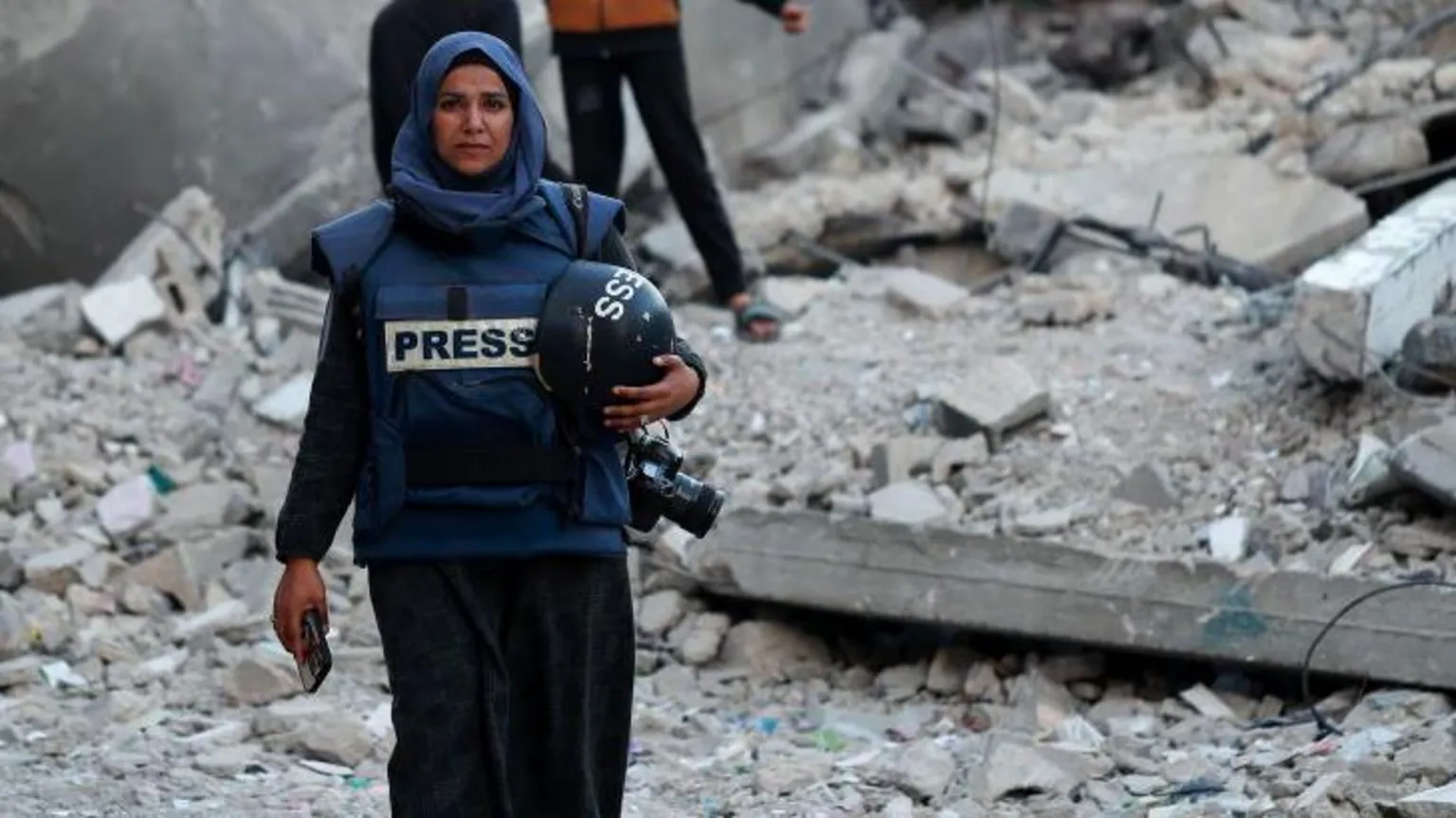5 October, 2021

On the day Afghanistan fell, Diba was helping patients when she received an urgent call from her mother, informing her the Taliban were in Kabul.
The 27-year-old medical student walked out onto the street to see women, running and screaming — “as if there was an explosion.”
She boarded a crowded bus, where the fare had increased to 100 Afghani — a tenfold increase over the previous day. Diba thought she was heading home to safety, but instead said she soon found herself confined to a “prison” under her husband’s control.
My heart is broken, my body is in pain. I am a servant in my own home,” said Diba, adding she now fears her husband more than the Taliban. CBC News is not using her real name out of concern for her safety.
In the more than 50 days since the Taliban swept across Afghanistan, Diba has ventured outside of her home only once to visit her mother — and only after her husband gave her permission.
From her mother’s home, she spoke in Farsi to CBC News through a translator over Zoom.
Diba has been married for 2½ years, and she and her husband have a one-year-old daughter.
Her husband had “patriarchal” views, she said, but grudgingly allowed her to continue her medical studies. But when the country reverted back to Taliban control, her husband changed, and began beating her out of frustration after losing his government job.
One of my ears doesn’t hear properly because of his slaps. He threatened to call the Taliban and throw me out on the street without anything, even without my daughter,” she said.
The threats and beatings are increasing in frequency and growing more violent, she said.
Nowhere to turn
While in medical school, Diba said she juggled a part-time job at a health clinic and was earning the equivalent of $150 US a month — more than four times the average income in Afghanistan.
Now the banks aren’t functioning and without a job, the walls are closing in. Not only has Diba lost the financial resources to escape, the organizations that could have helped her are no longer functioning.
The approximately 30 shelters that existed in the country have been forced to close.



